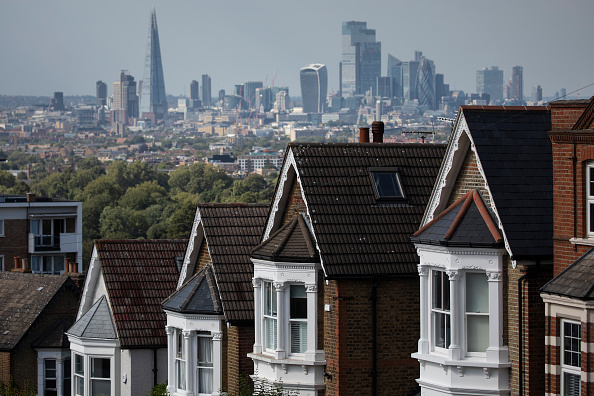London pays its way in the economy, Treasury needs to remember to pay us back

After three prime ministers in as many months, it’s been hard to keep up with the government’s positions. Fracking, triple lock pensions, levelling up – out, in and out again – like a kind of policy hokey cokey. Today, at least, we will get some clarity on the fiscal plan of the new government, after weeks of briefings.
In all this uncertainty, London hasn’t been immune. Between Boris Johnson and Liz Truss, the city went from out of favour to suddenly back up the political agenda.
Under Boris Johnson, London wasn’t flavour of the month. His healthy majority came from seats won across the north and midlands. His levelling up mission was widely seen as Johnson returning the political favour to those parts of the country voting Tory for the first time. London’s own extensive levelling up challenges were downplayed or ignored.
All this changed when Liz Truss moved into Number 10. Levelling up dumped in the political dustbin – instead, primacy went on boosting economic growth at a national level. Ministers recognised that to achieve this by the next election they needed a supercharged London – the mini budget’s tax cuts hugely favoured the city. Yet, as quickly as it came, this agenda went with the sudden departure of Truss.
Now all eyes are on Rishi Sunak and Jeremy Hunt. From Sunak’s time as Chancellor and from what was (and wasn’t) said during the summer’s Tory leadership contest, it’s possible to piece together some of what might lie in store for the capital. Publicly at least he hasn’t said all that much about the city. Perhaps the affinity is less strong; after all his three predecessors had political links to the city – May and Truss had both been local councillors, Johnson the Mayor. In his informative Mais lecture last year, Sunak said “productivity, living standards and dynamism are not growing fast enough”. He added: “If we cannot accelerate growth, people will begin to lose faith in the moral and material case for free markets.” This is an almost tailor-made mission for London, to be a totem for a modern British economy which encourages growth and innovation, and shares the benefits of our wealth across the country.
Levelling up is an agenda that has often felt hostile to London, no matter how many times politicians have insisted it isn’t about “levelling down” the capital. It is a phrase which looks at the top line relative wealth of London and refuses to acknowledge the stark deprivation. In the Levelling Up White Paper, under Michael Gove’s stewardship, the lack of plans for devolution, particularly the decentralisation of tax and spend powers, was striking. The Treasury is not a department known for giving up power willingly. It takes a strong chancellor and prime minister.
As prime minister, Sunak reappointed Gove after a four-month hiatus. Sunak knows the importance of levelling up to him, to keep his premiership tied to the mandate of the 2019 election, and to the Tories, if they are to have any chance of winning the next election. With Gove back, all eyes will be on the new Chancellor Jeremy Hunt to see if he has the energy to take on Treasury hostility to devolution.
The political arithmetic remains unchanged. Sunak’s government still relies on 2019’s hefty parliamentary majority and the Tories don’t need to go to the polls until December 2024. The seats that matter are beyond the M25 and it is the decisive issues in those seats that will dominate the agenda – not what is most important to London.
But London holds an ace card. With huge pressure on Sunak given the perilous state of the nation’s finances, London’s enormous tax revenue becomes more critical than ever if we’re to pay our way in the world. Treasury officials will be regularly reminding the prime minister that any faltering of London’s economy would have grave consequences for the nation’s balance sheet.
That’s why, if we’re to remain solvent as a country, central to the government’s agenda must be London’s continued success as a global economic powerhouse.
